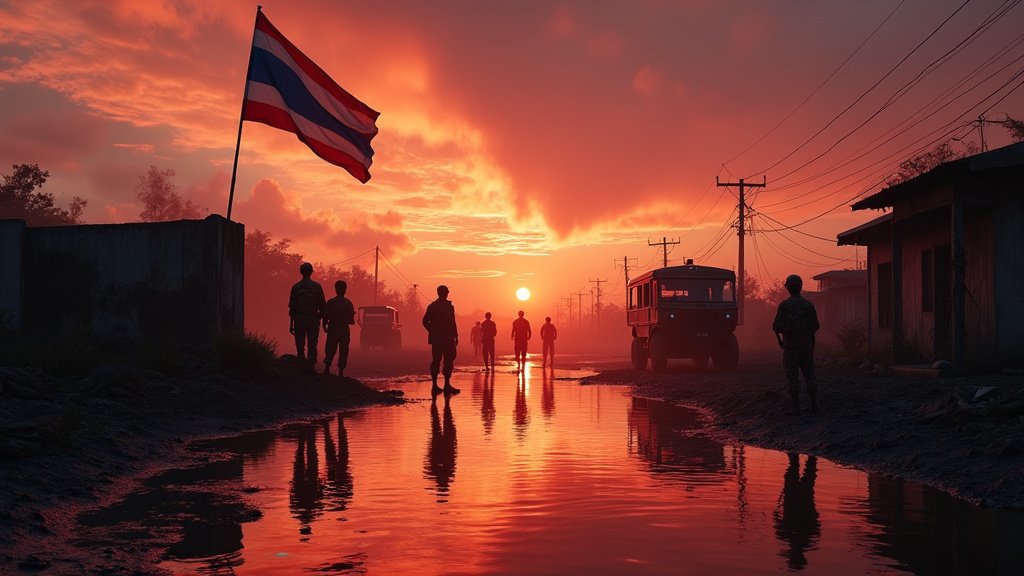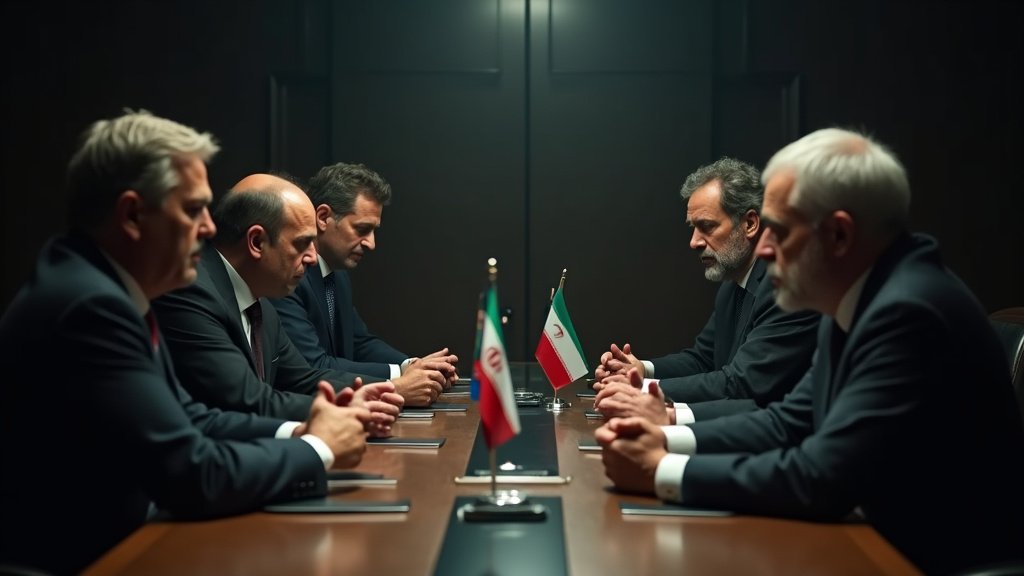Malaysian Prime Minister Anwar Ibrahim has called for immediate de-escalation between Thailand and Cambodia following deadly clashes along their shared border. The escalating conflict, described by some as a ‘bloody border dispute,’ has resulted in a tragic loss of life, prompting urgent calls for restraint and dialogue from regional leaders. The situation underscores the delicate balance of power and the ever-present potential for instability in the region.
Rising Tensions and Casualties
The recent exchange of fire has reportedly claimed the lives of at least 13 civilians, according to reports emanating from Thailand. This grim tally highlights the severity of the situation and the urgent need for a peaceful resolution. The escalating tensions between Thailand and Cambodia have raised serious concerns across the region, with many fearing a further deterioration of the situation. The border dispute, a long-standing source of contention, has now erupted into open conflict, threatening to destabilize the area and potentially impact regional security.
The details surrounding the cause of the clashes remain unclear. Both Thailand and Cambodia have yet to release official statements detailing the specifics of the exchange of fire, including its origins and the circumstances that led to the violence. This lack of clarity further complicates the situation and underscores the need for a thorough investigation to ascertain the facts and prevent any further misinterpretations or escalations. The international community is closely watching the developments, with many observers calling for transparency and accountability.
Calls for Restraint and Dialogue
Prime Minister Anwar Ibrahim’s call for de-escalation reflects growing concerns about the potential for a wider conflict and the need to protect civilian lives. The Malaysian leader’s intervention highlights the importance of regional diplomacy and the role that neighboring countries can play in mediating disputes and preventing further bloodshed. The call for restraint is a crucial step in preventing the situation from spiraling out of control and creating further humanitarian crises.
Regional leaders are now urging both Thailand and Cambodia to engage in dialogue and find a peaceful resolution to the border dispute. These calls underscore the importance of diplomacy and negotiation in resolving complex issues and preventing the escalation of violence. The focus is on preventing further loss of life and promoting long-term stability in the region.
Malaysia’s Role and Future Prospects
While Prime Minister Ibrahim has urged de-escalation, he has yet to give any details regarding the specific steps Malaysia will take to assist in resolving the crisis. This leaves open the question of how Malaysia intends to contribute to the de-escalation efforts and whether it plans to offer mediation services or other forms of support. The region is waiting with anticipation to see the role Malaysia will take during this crisis.
The situation remains volatile, and the potential for further escalation cannot be ignored. The international community, including various organizations and countries, will likely continue to monitor the situation closely and offer assistance and support as needed. The long-term stability of the region is at stake, and the success of de-escalation efforts depends on the willingness of all parties to engage in constructive dialogue and find common ground. The resolution of this dispute is vital not only for the immediate well-being of the affected populations but also for the broader peace and stability of Southeast Asia.




